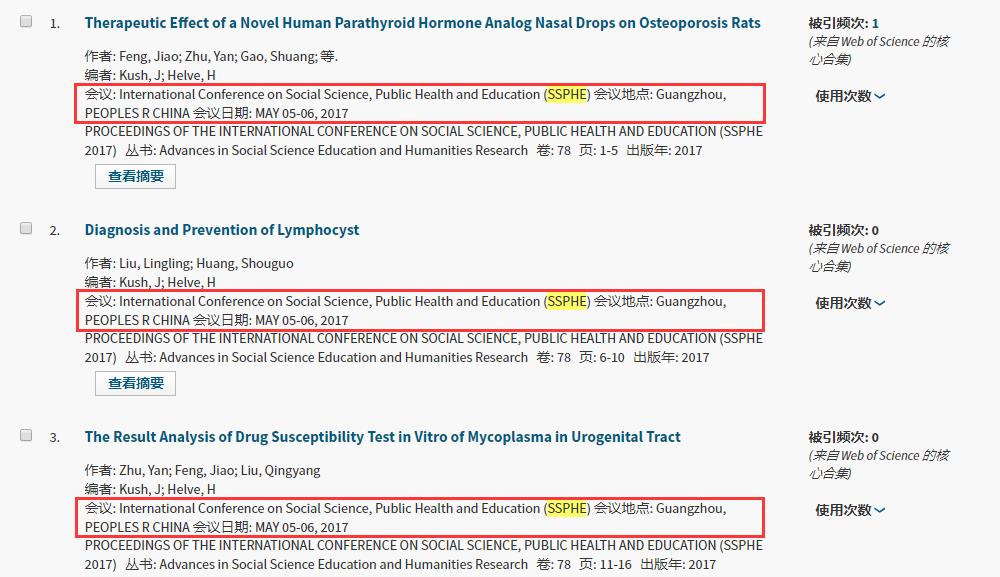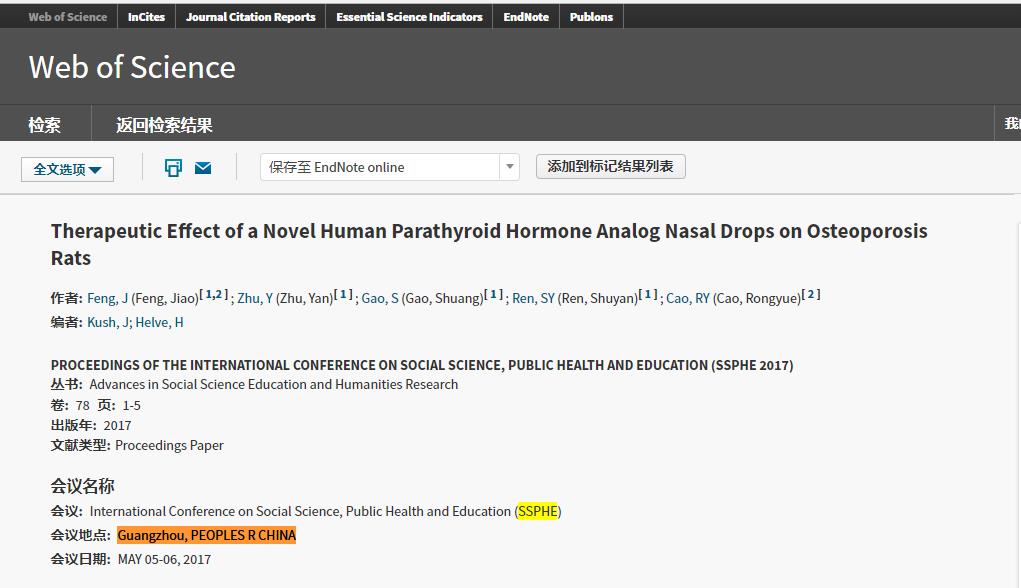Keynote Speaker
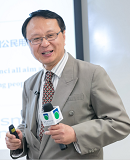
Shuo Zhao
Professor
Xi’an University & Northwestern Polytechnical University
Title:European Bilingual Education Policy and Model in Bologna Process
Abstract:
First it will introduce CLIL education policy in EU (Content and Language Integrated Learning). Then development of bilingual education in EU will be discussed. Based on bilingual education model curriculum design of bilingual education in European Union is expounded with case analysis of bilingual education in Luxemburg and France. Evaluation on bilingual education will be put forward at last.
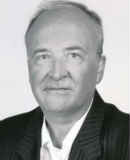
Georg W. Oesterdiekhoff
Professor
Karlsruhe Institute of Technology, Germany
Title: Developmental psychology as the fundamental theory to the human and social disciplines
Abstract:
From the era of Enlightenment up to 1945 or even 1970/1980 theories were presented according to which humankind has gone through the same psychological stages that still now are identifiable as those that characterize children and adolescents. Authors of several disciplines over many generations argued that children´s psychology be similar or identical to the psychology of adult humans living in tribal societies, or in ancient or medieval agrarian civilizations, or even in the long transitional phases leading to modern, industrial societies. These authors described the rise of modern and civilized human as a psychogenetic development and therefore the adult form of psyche as something that did not characterize adult humans from Pleistocene and antiquity onwards but as a recent development having taking place continuously during the past few generations. Children´s psychology was therefore regarded as theoretical basis to discern the psychology of the so-called "savages", "primitives" or "archaic men", and respectively as basis to understand the development of "civilized" or "modern" men.
To my opinion, this fact is not only the greatest discovery ever made in the human and social disciplines regarding anthropology or psychology but also regarding the theoretical reconstruction of history. Without this theoretical reference basis it is not possible to understand the history of population, society, economy, culture, sciences, philosophy, law, politics, morals and violence.The history of these areas has gone through certain psychological stages that correspond to those discernible among children and adolescents. The primitive or lower stages of sciences, philosophy, politics, law, religion and morals in archaic societies originate in lower psychological stages typical for children. The rise of modern, industrial societies with their elaborated sciences, civilized patterns of politics and law, with their economic growth and wealth, and with their humanism regarding every aspect of civil life originate in elaborated psychological stages that shape those peoples that have been creating modern societies.
Thus, developmental psychology delivers the most important and most fundamental key to understand the history of the entire mankind. More, developmental psychology delivers to the human and social disciplines those foundations that evolutionary theory brought to biology or quantum mechanics and relativity theory to physics. The new theory, called structural-genetic theory programme, is not another theory among the many sociological or psychological theories. It is most fundamental theory.
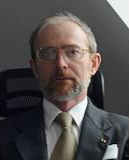
Riccardo Pozzo
Full Professor
Università degli Studi di VERONA, Italy
Title: Innovation for inclusion and reflection
Abstract:
'Social and Cultural Innovation' is a syntagma that is receiving increased usage among researchers since it was the title chosen by the European Strategy Forum Research Infrastructures for the working group that deals with research infrastructures primarily connected with Social Sciences and the Humanities. Innovation refers to the creation of new products and services by bringing a new idea to the market. Economic growth turns on infrastructures, which provide access to services and knowledge, e.g. by overcoming the digital divide. The current migrant and refugee crisis has made it clear with extraordinary effectiveness that a most urgent objective is to work out policies of social and cultural innovation to the advantage of new citizens – policies that will make them feel welcome in full dignity.
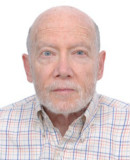
Tom Rockmore
Distinguished Humanities Chair Professor
Peking University, China
Title: The role of philosophy in a changing world--a new paradigm?
Abstract:
The view of philosophy is dependent on our view of the world in which we live. Western philosophy originated in ancient Greece as a way to understand the world and ourselves. In the early Greek debate two views were linked that were later separated. One is the idea promoted by Socrates that the unexamined life is not worth living. This suggests that through philosophy we should examine what we do and why we do it in clarifying our aims and goals. The other is the view that there is a real world that philosophers are uniquely able to know it through direct intuition. Together these two views suggest two further points. On the one hand, we can rely on the unique philosophical capacity to identify how to live a meaningful life. On the other hand, philosophy is in a unique position to counsel other disciplines, such as the sciences, mathematics, and so on. The world in which we live had changed, hence the role of philosophy should change as well. Discussion of the view that philosophy has access to reality over some two and a half millennia leads to the idea that we do not know mind-independent reality but rather know only a world that we construct in the interaction between men and women in their daily lives. What still remains from the earlier view of philosophy is the idea that philosophy examines the basic ideas of other cognitive approaches. I suggest that the role of philosophy can no longer be to grasp reality but rather to work together with other disciplines, not in knowing reality, hence in describing what is true beyond possible revision, but rather in examining the basic presuppositions of other ways of knowing the world in which we live.

laria Ramelli
Full professor and endowed chair
Institute for Advanced Studies Graduate School of Theology, SHMS, Angelicum University of Durham; University of Oxford; Catholic University of the Sacred Heart Princeton University
Title: Social Justice in Ascetic Sources in Antiquity and Late Antiquity
Abstract:
My lecture will investigate the role of asceticism in the rejection of slavery as an institution and of social injustice, across religious traditions in antiquity and late antiquity, in the Mediterranean world. Discussing definitions of asceticism, I shall argue that a close relation emerged between philosophical asceticism and justice in antiquity and late antiquity, also on the basis of the equation between wealth and theft in several early Christian thinkers. Gregory of Nyssa’s strong theological argument will be examined for the rejection of slavery and socio-economic injustice, especially his 'theology of the image', which bestows unique dignity on every human qua image of God. Asceticism pairs acts of self-restraint such as fasting with justice. In addition to Nyssen, the sources I shall analyse range from Philo’s and Josephus’ accounts of the ascetic Essenes’ and Therapeutae’s rejection of slavery and social injustice to late antique and early Byzantine sources concerning individuals or couples who emancipated their slaves and gave up their possessions upon embracing the ascetic life, as well as monastic groups who liberated all the slaves who joined their communities, and the institutional reaction of the 'Church of the Empire' to this destabilising practice.
Important Dates
- Conference date:
November 25th-27th, 2018 - Submission due:
November 25th, 2018
Special Session Issue
More About SSPHE
Contact Us
| Email: | info@ssphe.org |
|---|---|
| Tel: | +86-18627962072 |
| QQ: | 652672145 |
| 9:00 am - 17:30 pm | |
| Monday to Friday | |
History
- The 1st International Conference on Social Science, Public Health and Education (SSPHE 2017)
- All accepted papers has been published: https://www.atlantis-press.com/proceedings/ssphe-17
- ISSN: 2352-5398
- ISBN: 978-94-6252-345-6
